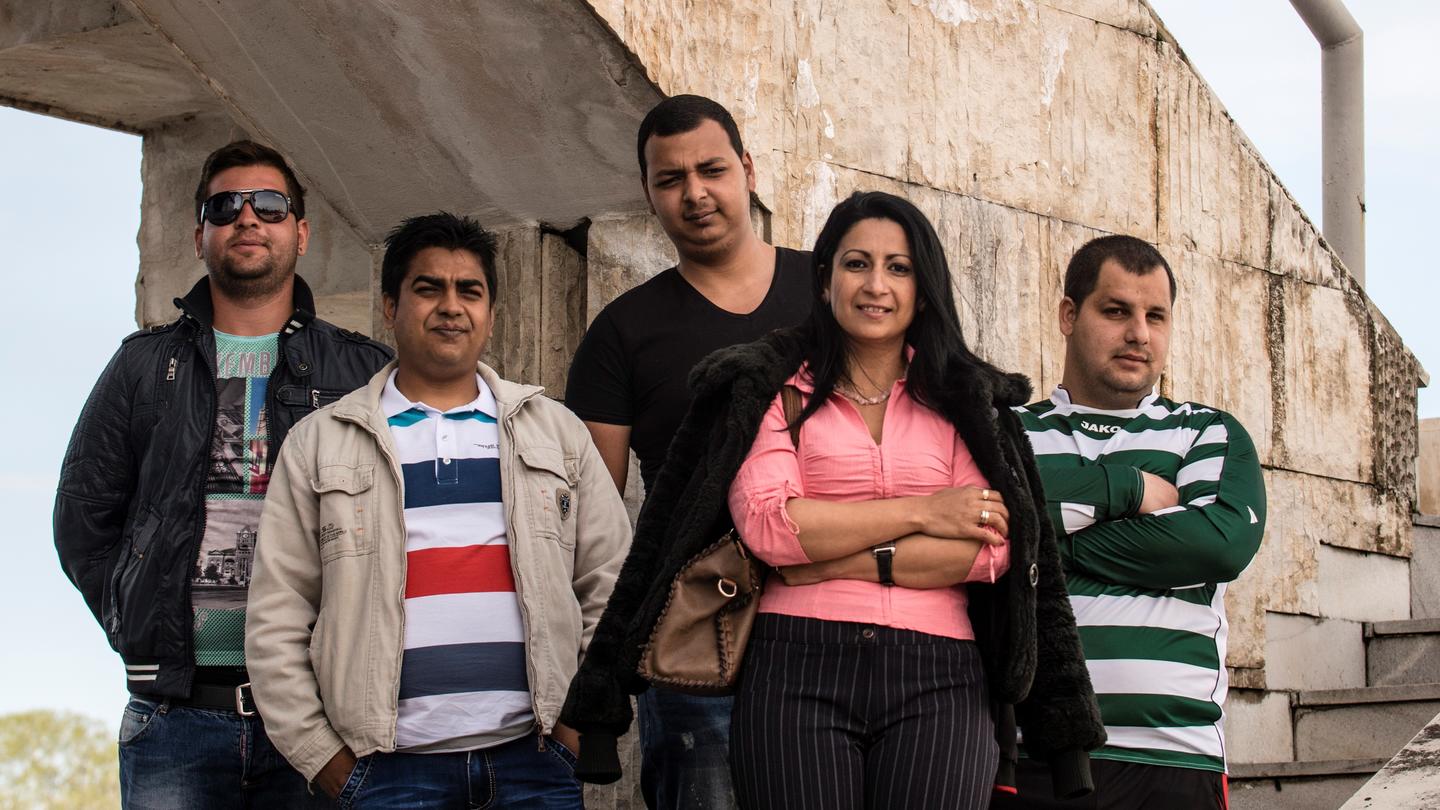Housing matters
To date, the most prevailing challenges of European Roma in housing are segregation, forced eviction, discrimination in access to social housing and decent housing, lack of civic documentation, and inadequate access to public utilities. Addressing such challenges requires strategic and long-term approach. As reports emphasise, inclusive institutions, targeted regional development efforts and coordination between Roma and non-Roma stakeholders are prerequisites of successful desegregation. These are also essential to decreasing all forms of inequalities in housing.
Commitment to Roma inclusion
Enhancing the inclusiveness of institutions including service provisions and preparatory processes is one of the three pillars through which the Grants promote Roma Inclusion. Through funding such as the Poverty Alleviation, Local Development and NGO programmes, the Grants seek to improve the housing situation of Roma in several countries. Over the last years the Grants have supported more than 900 projects in the human and social development sector, many of which had dedicated special attention to improving the lives of Roma. For the forthcoming years, the Donors will continue to demonstrate their commitment to Roma Inclusion efforts through the Grants. We highlight some of the project aiming at improving the access to housing of Roma.
Access to basic social services for vulnerable people in Brasov county
The Romanian civil society project “Access to basic social services for vulnerable people in Brasov County” addressed a major problem that Roma communities face: lack of (or non-valid) identity papers. As a result of the project, 1 041 people received support to obtain identity documents, out of which 432 are of Roma ethnicity. The project was an important source of lessons learnt: coordination with local authorities and providing place-based assistance to communities in a form of establishing mobile units are essential for success.
Youth Community Centre
The Bulgarian civil society project addressed poverty and unemployment that are among the main challenges of Roma community in the town of Dupnitsa. As a result of the project activities, the leadership skills of the local young Roma improved and the conditions for housing supports were improved.
For Better Homes
The Bulgarian civil society project “For Better Homes” addressed inadequate housing challenges many low-income Roma face. The project created an innovate community service within which trained housing mediators assisted 287 families in the 3 pilot areas to help their living conditions.
Community-level monitoring of changes with regard to Roma integration in Romania
The Romanian SocioRoMap project under the Poverty Alleviation programme aimed at combating the social exclusion of Roma by providing research tools and developing local networks for data collection. The project focused on local level in data gathering, analysis and data validation. Among several tools, the project developed 781 interactive maps that describe local communities along socio-demographic and economic characteristics.
Find out more
To learn more about how the Grants contributes to Roma inclusion in education, employment and health, the remaining three focus areas of the EU Framework, see here:
